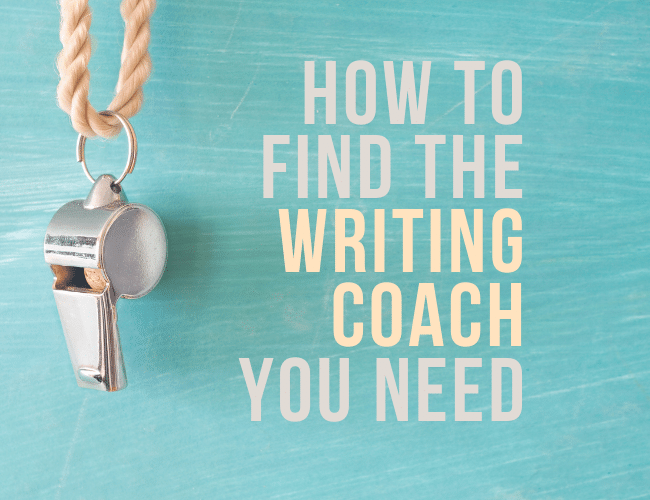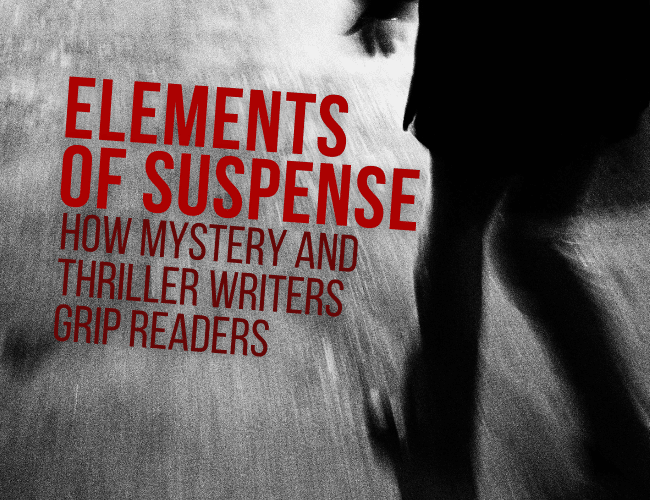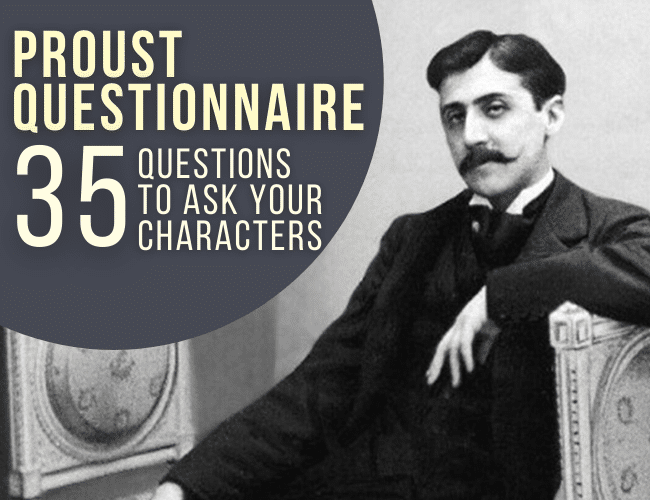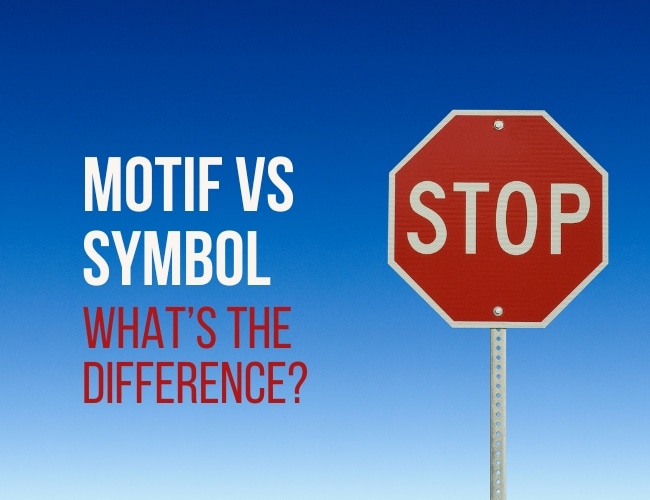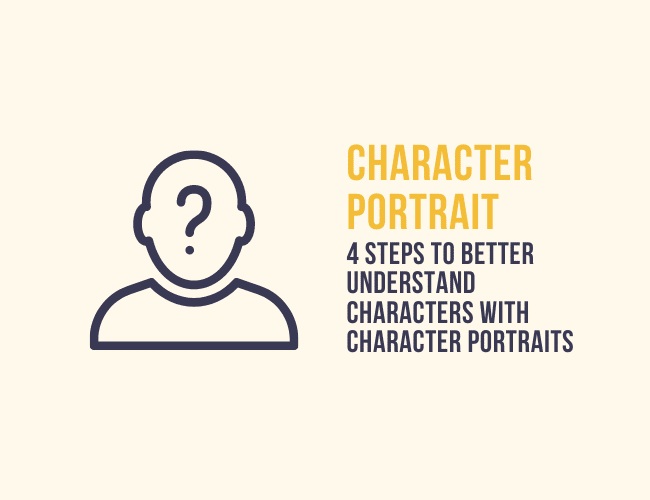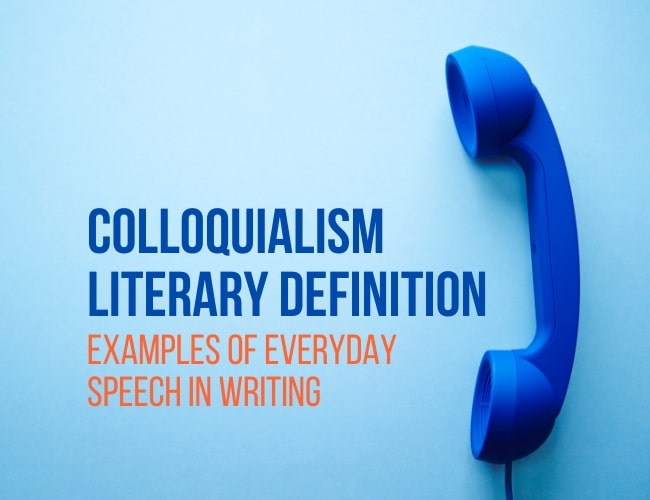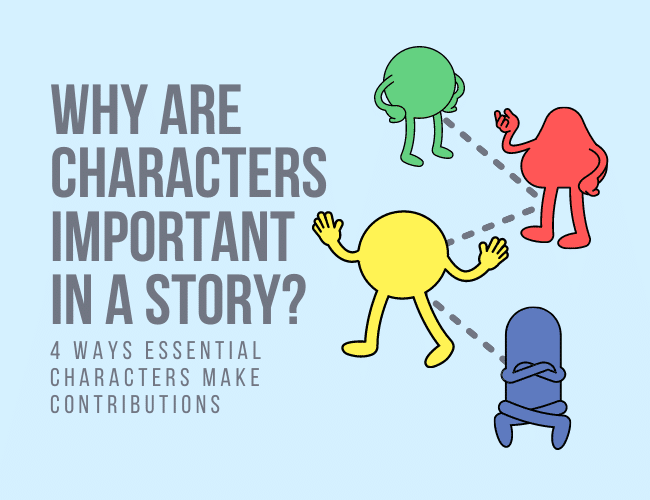Many writers lament spending any time away from their creative worlds to pen social media posts or spend time on marketing efforts. But both social media and email can help authors find and communicate with their target audience. What’s a writer to do? Let’s look at how to use ChatGPT for marketing, so you can get back to your stories sooner.


